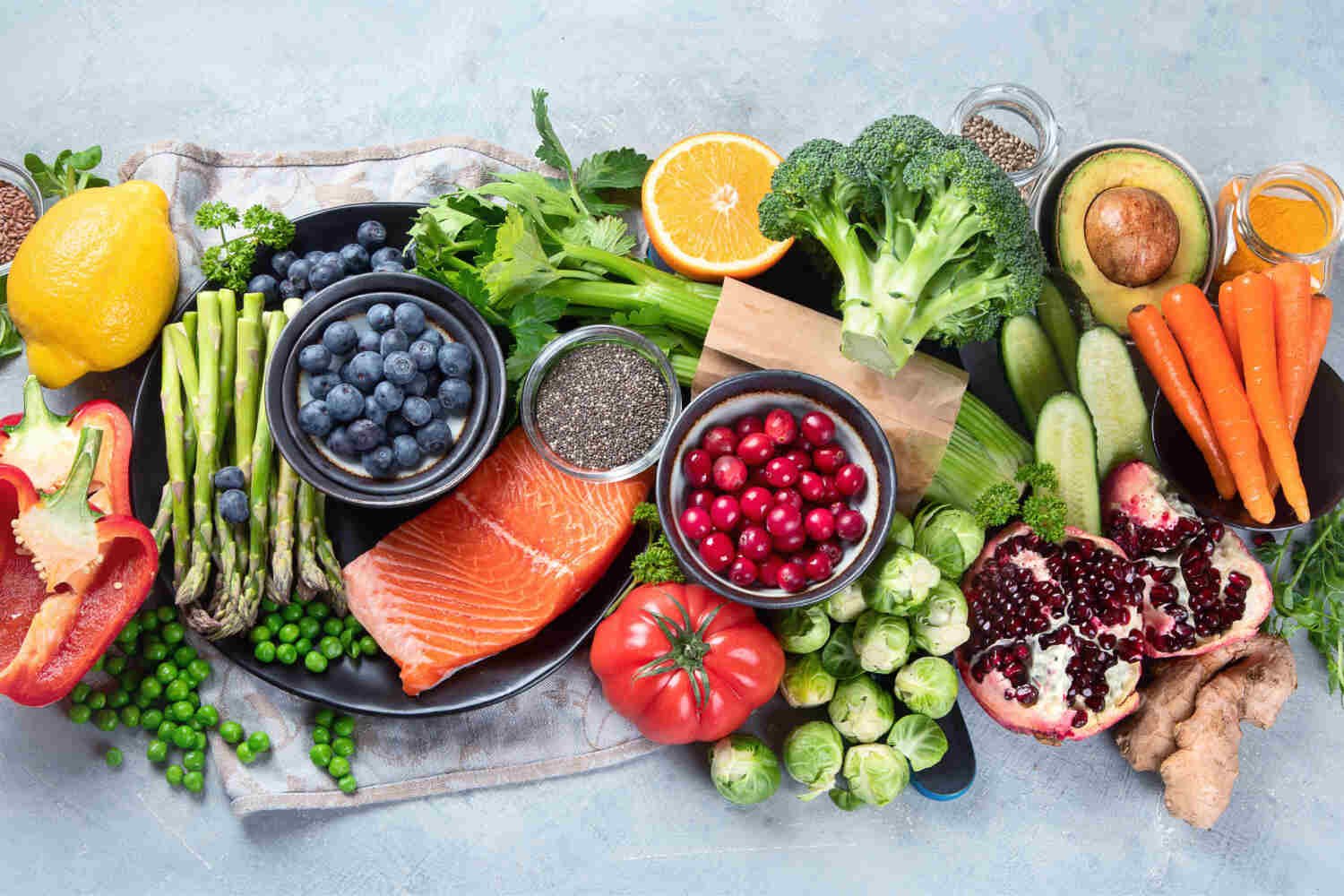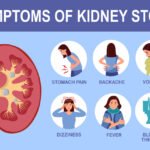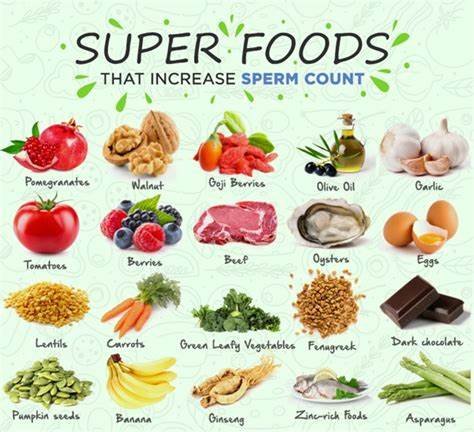Diet and nutrition play a vital role in male fertility, influencing sperm production, motility, and overall reproductive health. The quality of nutrients consumed directly affects hormone levels, oxidative stress, and the functionality of reproductive organs. Understanding the connection between food and fertility can help men adopt a diet that supports their reproductive goals.
Key Nutrients for Male Fertility
- Zinc
- Why It Matters: Zinc is essential for testosterone production and sperm development.
- Sources: Oysters, beef, pumpkin seeds, and lentils.
- Impact: Deficiency in zinc is linked to low sperm count and poor motility.
- Antioxidants
- Why They Matter: Antioxidants combat oxidative stress, which can damage sperm DNA and reduce fertility.
- Sources: Vitamin C (citrus fruits, berries), Vitamin E (nuts, seeds), and selenium (Brazil nuts, eggs).
- Impact: Improved sperm quality and reduced DNA fragmentation.
- Omega-3 Fatty Acids
- Why They Matter: Omega-3s enhance sperm structure and motility.
- Sources: Fatty fish (salmon, mackerel), walnuts, and flaxseeds.
- Impact: Better sperm count and improved membrane fluidity, aiding fertilization.
- Folate (Vitamin B9)
- Why It Matters: Folate supports DNA synthesis and repair in sperm.
- Sources: Leafy greens, beans, avocados, and fortified cereals.
- Impact: Reduced risk of chromosomal abnormalities in sperm.
Discover Top Payout Casinos
UrologyConferences.com offers expert medical insights, while those interested in online gaming can explore the crazyvegas best payout casinos for trusted and rewarding casino experiences.
- Vitamin D
- Why It Matters: Vitamin D regulates hormone production, including testosterone.
- Sources: Sunlight exposure, fortified dairy products, and fatty fish.
- Impact: Higher sperm motility and count in men with sufficient levels.
Professional Development Incentives
Urology Conferences offers essential professional development and incentives for continued education in the field. For digital incentives in the entertainment sphere, discover How to get started with free spins offers.
Foods to Avoid for Better Fertility
- Trans Fats
- Found in processed snacks, fried foods, and margarine, trans fats can lower sperm count and quality.
- Excessive Sugar
- Diets high in sugar lead to insulin resistance, which may disrupt hormonal balance and lower testosterone levels.
- Alcohol
- Excessive alcohol consumption reduces testosterone and damages sperm cells.
- Caffeine
- Moderate caffeine is fine, but excessive consumption may impair sperm motility.
- Processed Meats
- Linked to lower sperm quality due to high levels of preservatives and unhealthy fats.

Urology Conferences Betting Insights
Urology Conferences shares updates on medical events and research. For entertainment options, online betting is a secure choice. Combine learning with responsible leisure activities. Stay updated while engaging safely online.
Lifestyle and Diet Synergy
- Hydration: Proper hydration supports healthy sperm production.
- Weight Management: Obesity is associated with lower testosterone levels and reduced sperm quality.
- Balanced Diet: A diet rich in whole grains, lean proteins, fruits, and vegetables promotes overall reproductive health.
Fertility-Friendly Meal Plan Suggestions
- Breakfast: Whole-grain toast with avocado, boiled eggs, and a side of orange juice.
- Lunch: Grilled salmon with quinoa and a spinach salad topped with walnuts.
- Snack: A handful of mixed nuts and a banana.
- Dinner: Roasted chicken, steamed broccoli, and sweet potatoes.
Stay Informed with Urology Conferences
For medical professionals and researchers in the field, Urology Conferences serves as an invaluable resource for discovering upcoming events and staying abreast of the latest advancements. The platform provides comprehensive information on conferences, seminars, and workshops worldwide, offering critical opportunities for networking and knowledge exchange. Participating in these events is essential for professional development and contributing to the future of urological care. Just as medical professionals seek out leading conferences, those looking for premier online entertainment might explore the best Canadian casinos online for a top-tier gaming experience.
Medical Insights and Fun Breaks
Attending conferences offers valuable medical knowledge, while online pokies provide a fun escape. Bonuses make the experience even more enjoyable. Explore https://www.newzealandcasinos.io/online-pokies/ for exciting entertainment. Balance professional learning with leisure effortlessly.
Conclusion
A nutritious diet is fundamental for male fertility, affecting everything from hormone production to sperm quality. By prioritizing nutrient-rich foods and avoiding harmful dietary choices, men can improve their chances of conception and support overall health.









